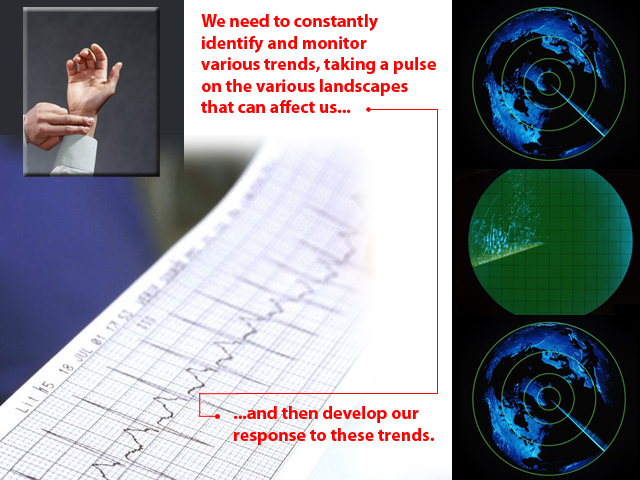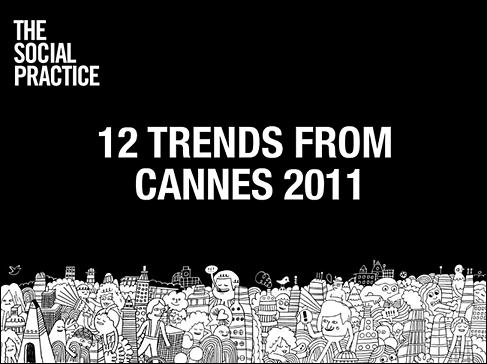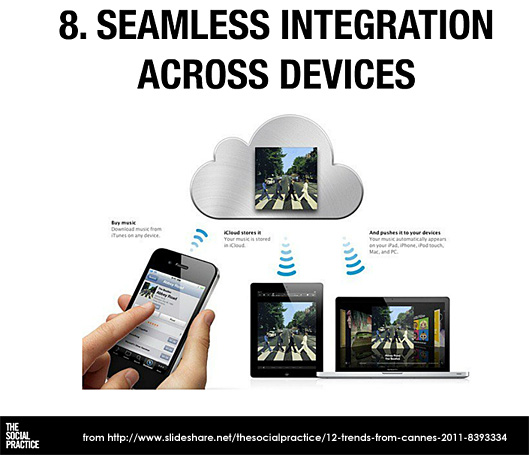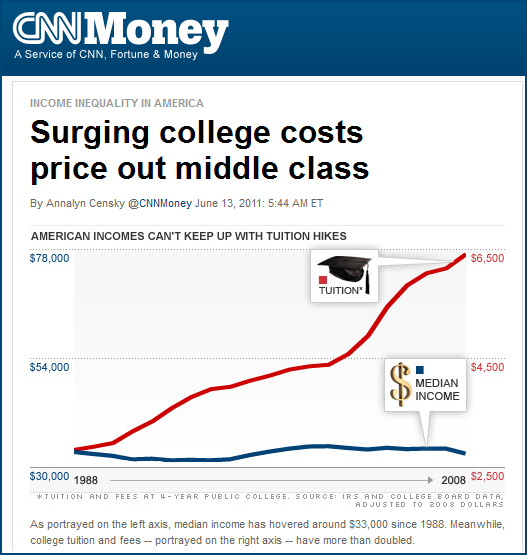From DSC:
A reflection on:
Excerpt (with emphasis from DSC):
The secret to visionary companies’ continued success was explained best what NHL great Wayne Gretzky stated: “A good hockey player plays where the puck is. A great hockey player plays where the puck is going to be.” What Apple and Facebook know and more specifically their founders/CEOs’ Steve Jobs and Mark Zuckerberg have in common is aspirational clarity. They appear to be able to see where the puck will be and into the future of what their market will not just want, but go ga-ga over and then they deliver it. Some may refer to that as their being market makers, but what enables them to make their market is that they can anticipate what will delight their customers and members that those people don’t even know will delight them.
From DSC:
This is why futuring, taking pulse checks on current trends, being in touch with your customers’ expectations (and future customers in the case of students), and scenario building are so important these days.
With the pace of technological change continuing to pick up, a healthy organization will constantly be looking to maintain its relevancy — to innnovate, to reinvent itself.
If you are not constantly reinventing yourself — as an individual or more collectively as an organization — your chances of staying relevant and marketable will likely decrease in the future.

Image by Daniel Christian


















